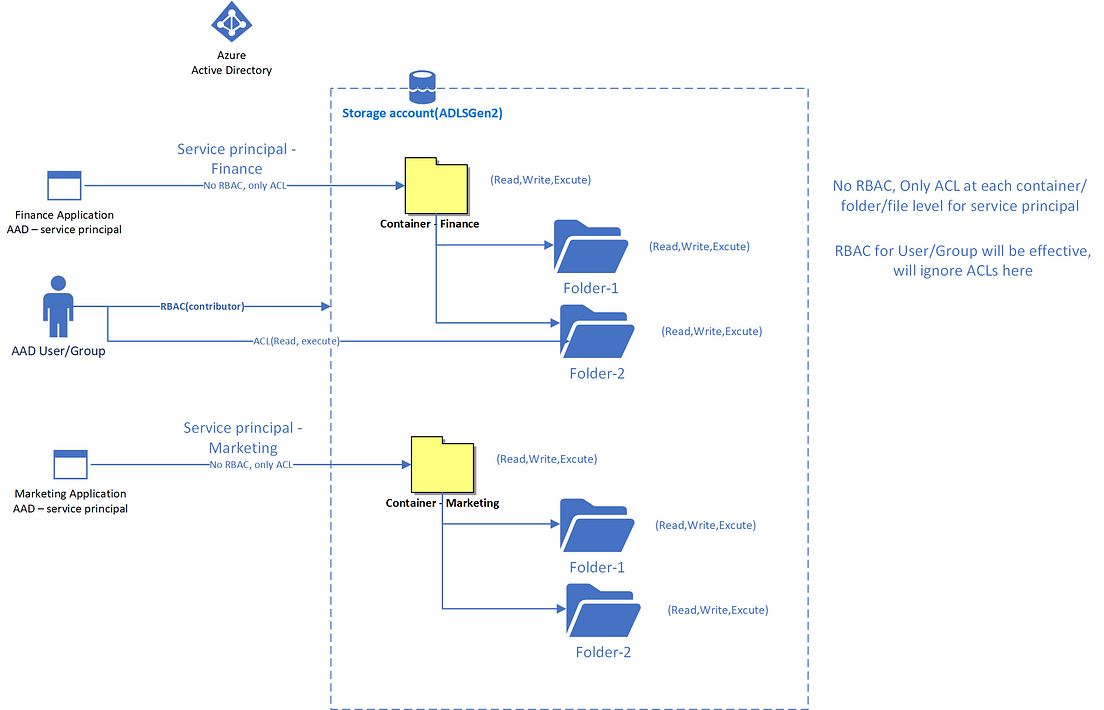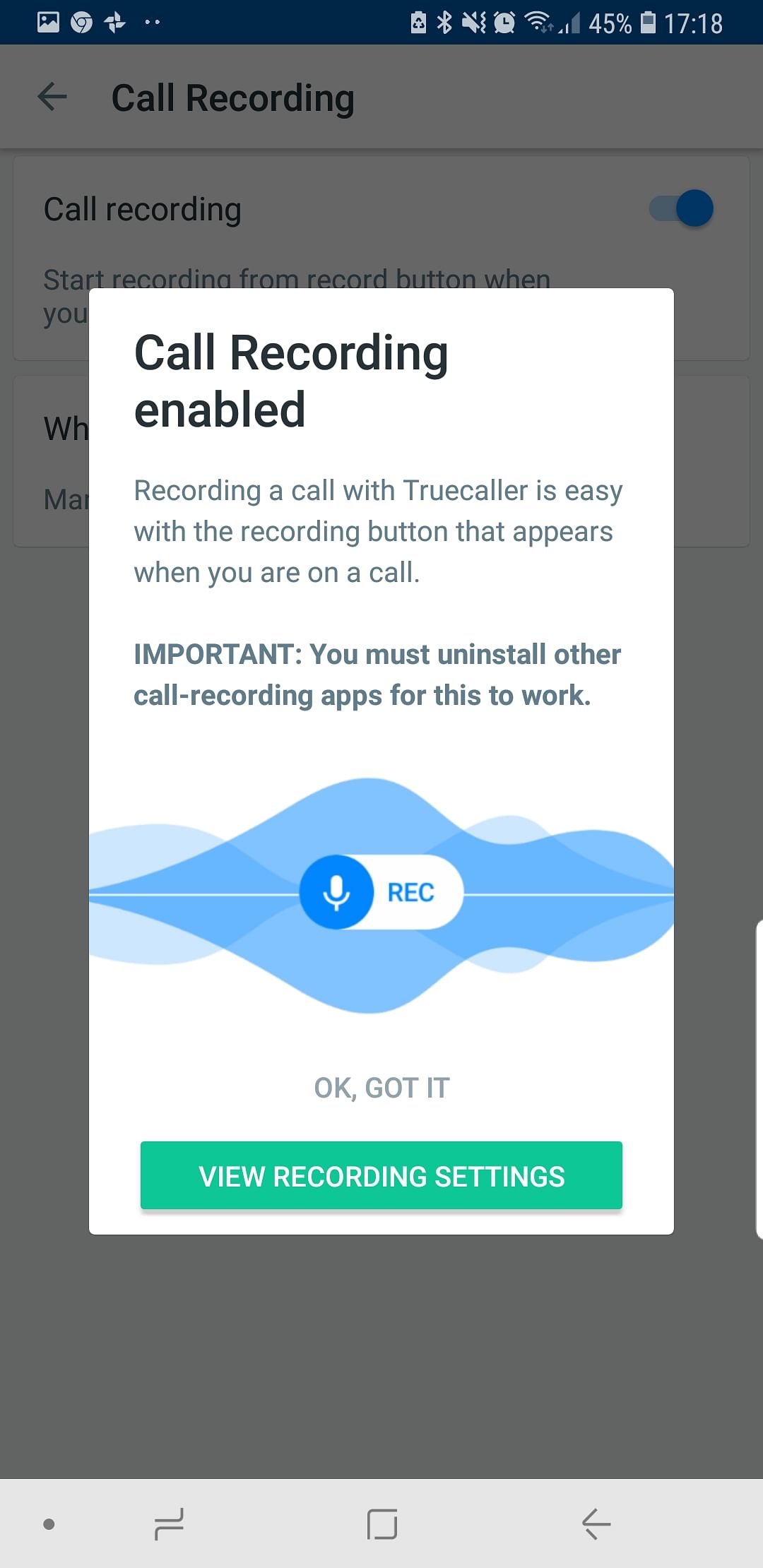If you create an Account, we may also collect other non-personal data information (e.g., virtual device identifier). Before sharing any information with advertising partners for the purposes of interest-based advertising, we will always ask for your consent. In addition, we may use and share such information with our advertising partners to target and optimize our advertising and promotions in our and other publisher's apps. Cloud Storage for Firebase is a powerful, simple, and cost-effective object storage service built for Google scale. The Firebase SDKs for Cloud Storage add Google security to file uploads and downloads for your Firebase apps, regardless of network quality. You can use our SDKs to store images, audio, video, or other user-generated content.
On the server, you can use Google Cloud Storage, to access the same files. We cannot provide all services necessary for the successful operation of the Apps by ourselves. We also reserve the right to disclose your information when we are legally required to do so, to disclose your information in an anonymous and aggregated manner, meaning you could not be personally identified from it. The only personal information we collect from users who have identified themselves as below the age of digital consent according to Europe data protection legislation for the purposes of offering our services are persistent identifiers .
An important part of implementing cloud storage security rules involves ensuring that files that are private to a user are not accessible to any other users. The key to this involves the use of Firebase Authentication together with the auth property of the storage request object. I get the "user does not have permission to access this object" when uploading an image, I followed Problem is in your firebase storage rules. We pay special attention to your data protection rights making sure that your data protection rights are not overridden by our legitimate interests.
We rely on our legitimate interests for data processing for analytics, attribution and fraud prevention, push-notifications, cross-promotion, and contextual advertising purposes. When using the persistent identifiers we will not contact users under the age of digital consent according to Europe data protection legislation, display behavioral advertising to them, nor do any user tracking or profiling. For the detailed information about disclosure to third parties please see section "How do we share your information" of this Privacy Policy. For the detailed information about disclosure to third party service providers used in relation to users under the age of digital consent click here. For any additional questions about third party information disclosure please contact us to
Data we collect may be transferred to, stored and processed in any country or territory where one or more of our Guardian group companies or service providers are based or have facilities. While other countries or territories may not have the same standards of data protection as those in your home country, we will continue to protect personal data that we transfer in line with this privacy policy. The Guardian apps use personal data based on the content you have viewed. Information on bugs and crashes is also sent to us when you use our apps. A list of the articles that you have recently viewed is also cached in the local storage on your mobile device.
You can delete this reading history in the settings of the app. You can choose to receive notifications on your mobile device via the app, and manage these notifications in the settings of the app. If you become aware that your child has provided us with personal information without your consent, please contact us at Social media organisations - We may share your personal data with other organisations when our web pages use social plug-ins from these organisations (such as the "Facebook Recommend" function, Twitter's retweet function, Google+ function).
These other organisations may receive and use personal data about your visit to our sites or apps. If you browse our site or view content on our apps, personal data they collect may be connected to your account on their site. For more information on how these organisations use personal data, please read their privacy policies. Some applications don't require authentication, which make it tricky to identify what users are doing throughout your app.
If connecting with external APIs, it is also useful to add an extra layer of security by ensuring the users request is from the app. This can be achieved with the signInAnonymously method, which creates a new anonymous user which is persisted, allowing you to integrate with other services such as Analytics by providing a user ID. Knowing who your users are is an important part of building an application, and Firebase Authentication provides an easy to use, secure, client side only solution to authentication. Firebase Security Rules for Cloud Storage ties in to Firebase Authentication for user based security.
This allows you to securely control data access on a per-user basis. To protect children's privacy and safety, we provide specific protection with regard to children's personal data. Our Services are not directed to children under the age of 16 years (or otherwise provided by the related jurisdiction) and we do not knowingly collect, store, share or use personal data from children.
If you are a child under 16(or otherwise provided by the related jurisdiction), you are not permitted to use and install our products or create your own WPS IDs, unless your parent provides verifiable consent. In order to preserve the family-friendly reputation of our Apps, we age-gated some of the features in our Apps, so that they are not available for use by children under the age of digital consent according to Europe data protection legislation. The age gate is being conducted after the download of some of our Apps to assure the privacy and protection of younger users of our Apps. The features enabling potential collection and sharing of personally identifiable information, with the exception of persistent identifiers, are disabled for users who did not pass the age gate. For user's safety, it is not possible to change the age later.
Some of our Apps offer you the option to talk to the virtual character of such Apps, but you will always be asked to give us the permission to access the microphone in advance. Such Apps do not have a function to record audio, please learn more below. Some of our Apps offer special features that enable you to interact and connect with your friends, compete with your friends and to chat with your friends.
Such features collect additional information from you and share such information also with others. Learn more about such features below and please do not use these additional features if you are not comfortable with all the additional information that is collected when you use such features. Please note that we may age gate some of these features, so they are not available for use by users under the age of digital consent. We use the information we collect about you/your device to deliver services and our Apps to you and to operate our business. We use it also for improving our services and Apps, for enhancing security and for analytics and research purposes to make sure we provide you with the best experience.
In addition, we use your information to promote our services and Apps in our apps and also in other publisher's apps and to display third party advertisements to you. We use your information also for attribution and fraud prevention for advertising purposes and for complying with our legal obligations. We may also independently audit these service providers to make sure that they meet our standards.
This privacy policy explains how we collect, use, share, transfer, and sell your personal data when you use the services provided on our sites and our apps or interact with us; and your data privacy rights. You have a right to request deletion of the personal information that we hold about you. Should you wish to do that, please contact us via We reserve the right to ask to provide us additional information to verify your identity before we can start processing your request. Please note that we may still retain some or all of that information, for example for complying with our legal obligations and protecting or enforcing legal rights. We may also retain your information in an anonymized form.
Persistent identifiers are identifiers that do not identify you personally but may uniquely identify your device. Such online identifiers provided by end user devices, applications, tools and protocols are considered as personal information according to Europe data protection legislation. Please check the rights you have under Europe data protection legislation in Section "Your Rights". You have an option to withdraw your consent to sharing your personal information for the purposes of interest-based advertising at all times. We have implemented appropriate technical and organisational controls to protect your personal data against unauthorised processing and against accidental loss, damage or destruction. You are responsible for choosing a secure password when we ask you to set up a password to access parts of our sites or apps.
You should keep this password confidential and you should choose a password that you do not use on any other site. You should not share your password with anyone else, including anyone who works for us. Unfortunately, sending any information, including personal data, via the internet is not completely secure. Although we will do our best to protect your personal data once with us, we cannot guarantee the security of any personal data sent to our site while still in transit and so you provide it at your own risk.
Developers are advised to use the options available to store data depending upon the space required, reliable data access, and privacy of data. The data files saved over external storage devices are publicly accessible on shared external storage using USB mass storage transfer. Data files stored over external storage using a FileOutputStream object and can be read using a FileInputStream object.
When a client attempts to upload, download or delete a cloud storage based file, it arrives at the cloud server in the form of a request object. This object, which contains a number of properties, is available for use within the if statement as the basis on which to create rule conditions. When the uploadImage() method is called, a new instance of ProgressDialog is initialized. A text notice showing the user that the image is being uploaded gets displayed. Then a reference to the uploaded image, storageReference.child(), is used to access the uploaded file in the images folder. This folder gets created automatically when the image is uploaded.
These messages get displayed depending on the state of the upload. Firebase is a mobile and web application development platform, and Firebase Storage provides secure file uploads and downloads for Firebase apps. In this post, you'll build an Android application with the ability to upload images to Firebase Storage.
Our servers automatically record certain data about how a person uses our Services ("Log Data"), including that of both Account holders and non-Account holders (either, a "User"). We use Log Data to administer the Services and we analyze Log Data to improve, customize and enhance our Services by expanding and tailoring features and functionalities of our Services to our Users' needs and preferences. We may use a person's IP address to generate aggregate, non-identifying data about where our Services are used. In addition, for the aforementioned purposes and providing better access to and experience of our Services for you, we may allow certain third parties to collect and use your information. We operate globally, so we need to transfer your personal information to our affiliated entities and/or to other third party service providers across border and from your country to other countries around the world. Please note that not all these countries have the same data protection laws as your own country, but we will always take appropriate steps to safeguard the privacy of your personal information.
Some of our Apps enable you to connect to third party social networks, to share the content you created within the Apps on such third party social networks or to participate in leader boards or multiplayer apps. If you connect to a third party social network, such as Google Play Games Service or Apple Game Center, you will be able to use your account to log in on multiple devices and to synchronize progress across those devices. If you connect to a third party social network, such as Facebook, you may be able to interact, compete and connect with your friends (please see more in "Special Privacy Features In Some Of Our Apps"). Some of our Apps enable you also to share the content you created within the App on third party social network, such as Facebook, YouTube, Twitter or Vkontakte.
When you log in to your social network account or by using the App to share content on social network, we will receive some of the information you have on such a social network account . Most of the information that we collect about you comes directly from you when you play our Apps or interact with third party ads in our Apps or with our ads in other publisher's apps. We may also collect information from app store platforms and partners and other third parties such as information about your interests and in-app purchases .
These contracts give your personal data the same protection it has in the UK or the EEA. These transfers to third parties may constitute "sale" of your personal information under California law. A California resident can halt these sales at any time by pressing the "California resident - Do not sell" link that is located in the footer of every page on our site. Third-parties do not sell personal information that has been sold to them by the Guardian unless you have first received explicit notice and are provided an opportunity to exercise the right to opt out. Anyone using the Guardian, our sites, or our apps may manually inspect the sharing, transfer, and sale of their personal data in our cookie policy. We do not aim any of our products or services directly at children under the age of 13 and we do not knowingly collect personal data about children under 13.
Some of our services may have a higher age restriction and this will be shown at the point of registration. We also note that California law prohibits sale of personal data of consumers between years of age unless the guardian has authorised the sale. When you sign up to our services we may add to the personal data you give us by combining it with other personal data shared with us by other trusted organisations. This includes, for example, the region that you are located in, so that we can show you the prices for subscriptions or other products in your local currency.
We may also add personal data to improve the accuracy of your delivery address when we send out mail. We will then use this personal data to form a profile for your Guardian account. If you remove the Guardian app from your Facebook settings, or from your Google settings, or your Apple ID, we will no longer have access to this data. However, we will still have the personal data that we received when you first set up your Guardian account using your Facebook, Google login, or Apple ID. «Account» is a stored set of data about the user necessary for his identification and providing access to his personal data, settings, games and services.
While the build process is running, you can click the Pre-build tab to see the output of the code we added to the pre-build script. You can see that both files, google-services.json and GoogleService-Info.plist, are present, although we did not add them to the version control system. In our local configuration, we have downloaded the google-services.json and GoogleService-Info.plist files and kept them in the android and ios directories of the Flutter app, respectively.
These files contain sensitive data, like the API key and information about the app. These files shouldn't be checked into version control or exposed to the world. We have to take certain steps to secure our sensitive data.
To read and write data to external storage, the app required WRITE_EXTERNAL_STORAGE and READ_EXTERNAL_STORAGE system permission. These permissions are added to the AndroidManifest.xml file. As previously outlined, the auth property contains the Firebase Auth ID token and the user's unique ID . This allows rules to be defined which, when applied to an appropriately structured storage filesystem, restrict access to stored files based on user identity. Rules can be defined to meet a wide range of requirements.
Examples of the types of rules that may be specified include restricting access to specific users on a per file basis, allowing only files of a certain content type to be uploaded, or files of a certain size to be deleted. A rule could be declared, for example, that only allows image files to be stored in a particular folder. Security is of paramount importance when storing a user's files and data in the cloud. In recognition of this, Firebase Cloud Storage provides an system of security rules that provide a flexible way to control access to stored files. Instead of using Firebase download URLs (getDownloadUrl()), which are long-lived and public, signed URLsallow you to create short-lived URLs that give access to files for a limited amount of time.
For example, to grant a user permission to download a file, you can create a signed URL that expires in 2 minutes. Even if the user shares or saves the URL, it won't be accessible after it expires. When the user uploads a picture, it appears in the Firebase storage under their unique path. However, when I attempt to download the picture so that it may be displayed, I am running into a 403 error where it claims that the user does not have permission to read or write.


















































